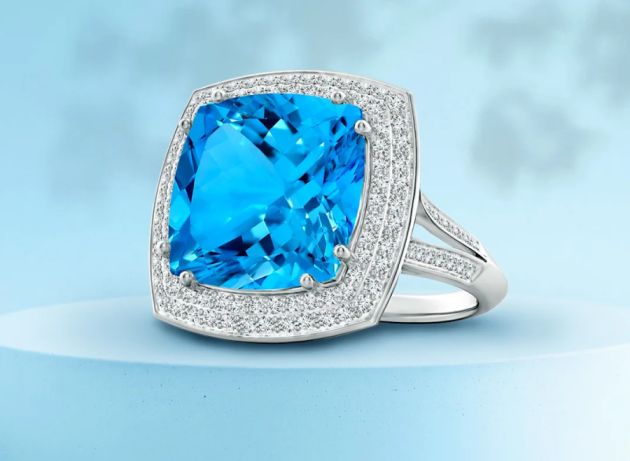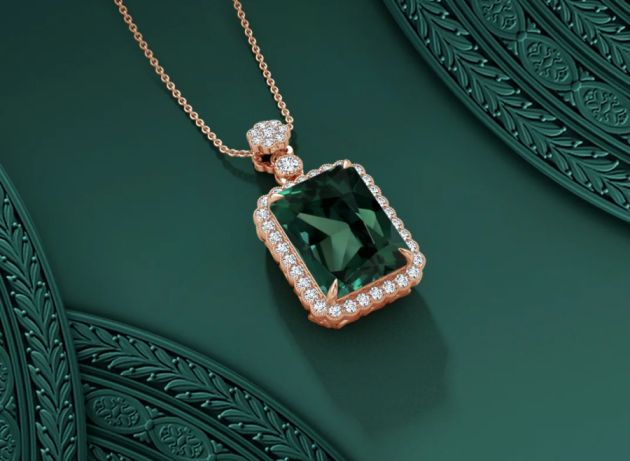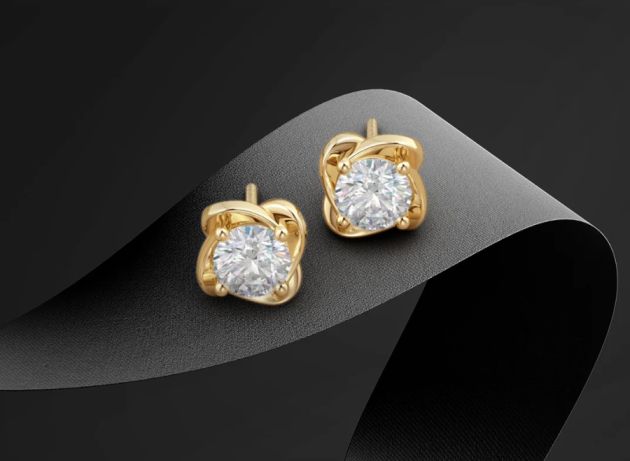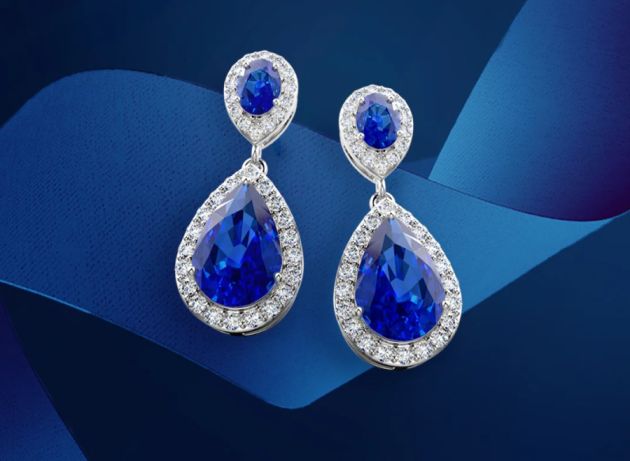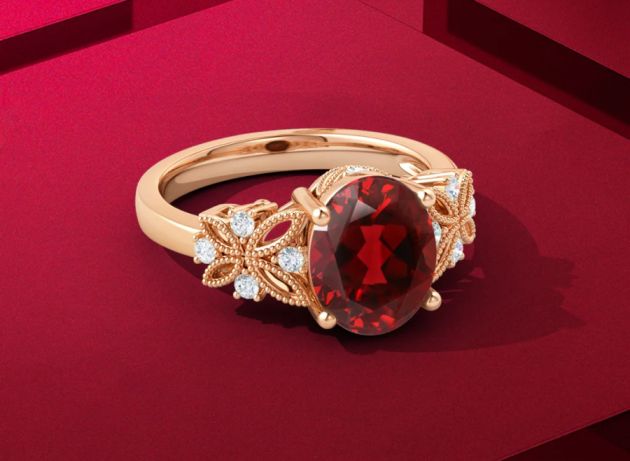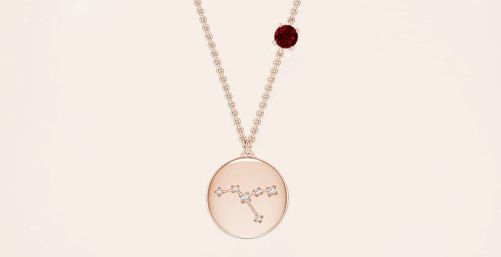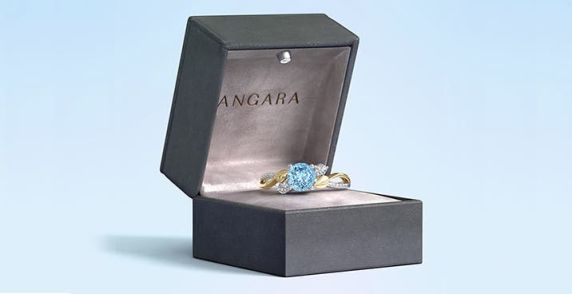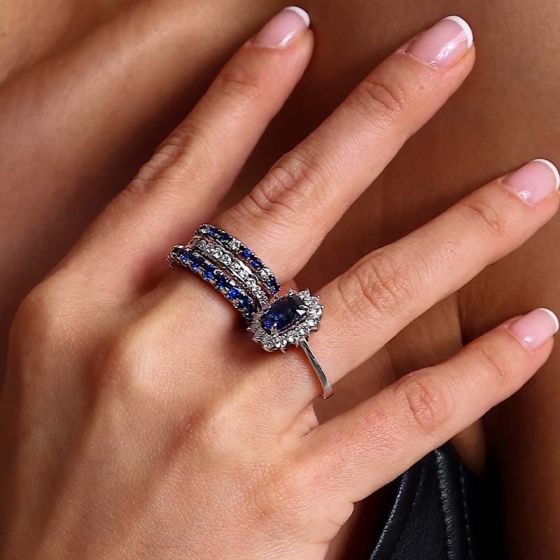At the end of the day, there’s nothing more satisfying than customising your very own accessory. Not only does it result in a unique piece of jewellery, but it is also extremely meaningful to the wearer.
That said, the creation process can be difficult if you don’t know the key differences between the various options that are available to you; the metal being one of them. To make this process easier, we’ve noted down all the important information about 14k and 18k gold, which will help you make the right choice.
What Does the ‘K’ in 14K and 18K Gold Stand For?
Simply put, ‘K’ is an abbreviation of the word ‘karat’. It is a term used to indicate the purity of the metal. Typically, the purity or karatage of gold is rated in parts out of 24. Here, a full score (24 out of 24) means that the gold is 100% pure. Unfortunately, 24k gold is rarely used in fine jewellery, as it is extremely malleable in nature.
14k and 18k gold are the most commonly used options available in the market today.
Differences Between 14K and 18K Gold
- Karatage: As indicated by their names, 14k gold features 14 parts of pure gold. In terms of percentage, it is 58.3% pure gold and 42% other metals. 18k gold, on the other hand, is the purer version of the two and contains 75% pure gold and 25% other metals.
- Carat: When it comes to this metal, the higher the percentage of pure gold, the greater the presence of yellow in the final product. As such, 18k yellow gold showcases a deeper shade than 14k yellow gold.
- Durability: As 14k gold contains a higher percentage of other metals, it is considered to be more durable in comparison to 18k gold.
- Weight: An interesting fact about pure gold is that it is typically heavier than other metals. Due to this, 18k gold, which contains 75% pure gold, will weigh more than 14k gold.
Which One Should You Choose?
That really depends on you!
If you’re someone with an active lifestyle and who wants a low-maintenance piece, then 14k gold is a good option for you. Having said that, if purity and lustre are high on your priority list, then we highly recommend opting for 18k gold.
Care Tips
To ensure the longevity of your gold jewellery, we recommend keeping the following points in mind.
1. Keep Away When Necessary
Even when combined with other durable metals, your gold jewellery can end up with scratches and dents if not properly cared for. So keep it aside when exercising, cooking or participating in any kind of strenuous activities.
2. Avoid Contact With Chemicals
Believe it or not, repeated exposure to chlorine (found in swimming pools and even cleaning supplies) can cause your gold jewellery to become weak and brittle. Not only that, but other types of harsh chemicals can dull the gold’s shine over a period of time. To avoid this, either remove your jewellery or wear protective gear (like gloves) when handling various products.
We hope this article gave you all the information you need to make an informed decision.
